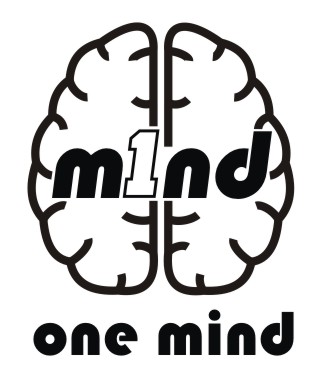
“Use what seems like poison as medicine.”
Today’s meditation journey is called Tonglen, a practice that has its origin in Tibet roughly a thousand years ago. Tonglen meditation profoundly influences our relationships with the humans around us. Here’s a short description of Tonglen.
Tonglen meditation, also known as “taking and sending,” reverses our usual logic of avoiding suffering and seeking pleasure. In tonglen practice, we visualize taking in the suffering of others with each inhale, and breathing out compassion, healing, and well-being with each exhale. It’s a powerful way to connect with the shared human experience of suffering and to develop a deeper sense of empathy and interconnectedness.
In the process, we become liberated from age-old patterns of selfishness. We begin to feel love for both ourselves and others; we begin to take care of ourselves and others.
Tonglen can be done for those who are ill, those who are dying or have died, or those who are in pain of any kind. It can be done as a formal meditation practice or right on the spot at any time. If we are out walking and we see someone in pain, we can breathe in that person’s pain and send out relief to them.
Usually, we look away when we see someone suffering. Their pain brings up our fear or anger; it brings up our resistance and confusion. So we can also do tonglen for all the people just like ourselves—all those who wish to be compassionate but instead are afraid, who wish to be brave but instead are cowardly. Rather than beating ourselves up, we can use our personal stuckness as a stepping stone to understanding what people are up against all over the world. Breathe in for all of us and breathe out for all of us. Use what seems like poison as medicine. We can use our personal suffering as the path to compassion for all beings.
So alongside the theme of looking at our relationships with the humans around us, here are a few thoughts from Thich Nhat Hanh:
“We are here to awaken from our illusion of separateness.” – Thich Nhat Hanh
“The way you speak to others can offer them joy, happiness, self-confidence, hope, trust, and enlightenment. Mindful speaking is a deep practice.” – Thich Nhat Hanh
“Every word, every look, every action, and every smile can bring happiness to others.” – Thich Nhat Hanh
“Because of your smile, you make life more beautiful.” – Thich Nhat Hanh
“When you begin to see that your enemy is suffering, that is the beginning of insight.” – Thich Nhat Hanh
Thich Nhat Hanh’s wisdom on connection:
- “We are here to awaken from our illusion of separateness.”
- “Mindful speaking is a deep practice that offers joy and hope.”
- “Every action, every smile, can bring happiness to others.”
- “When you see your enemy’s suffering, that’s the beginning of insight.”
As Thich Nhat Hanh reminds us, we’re not separate islands. Our words, actions, and even smiles can impact others deeply. Together, let’s create a world where compassion flows freely, starting with each mindful breath.
Have a beautiful day beautiful humans!
– pierre –
Today’s LIVE meditation is: Tonglen
